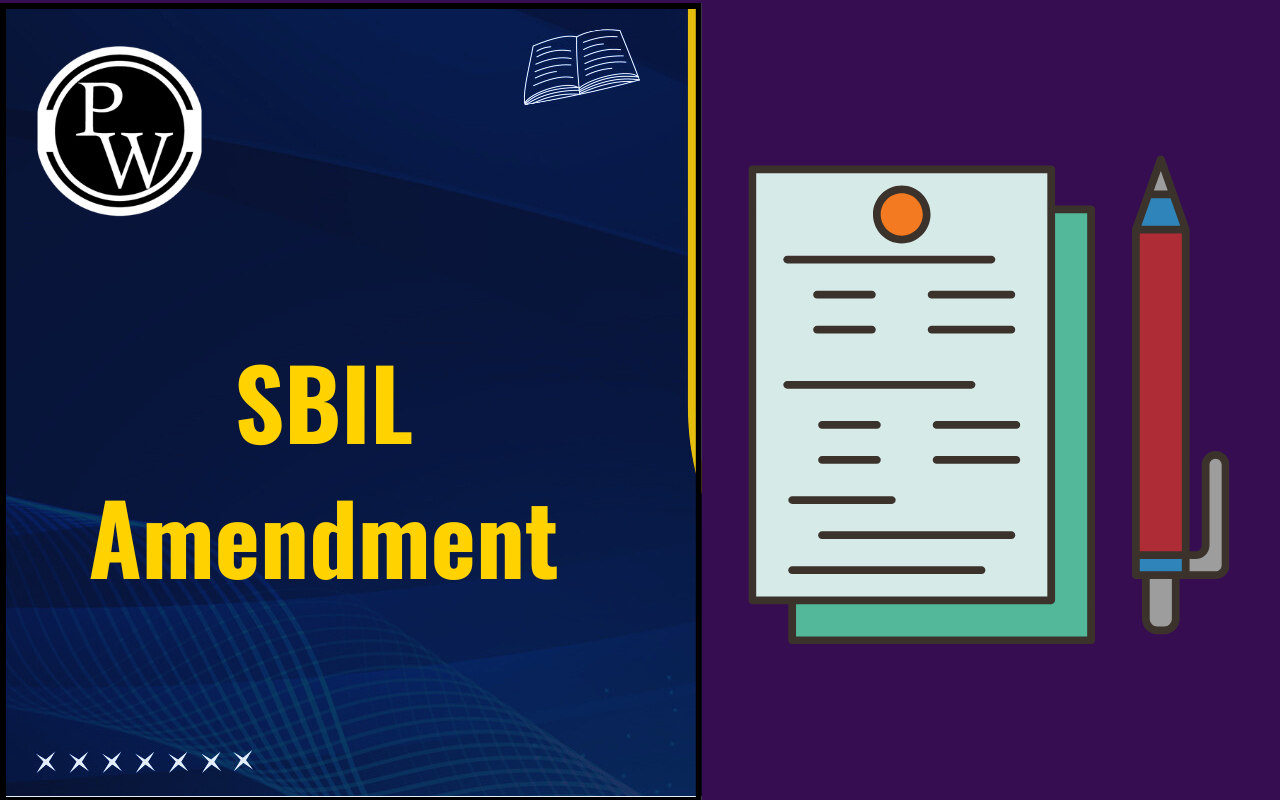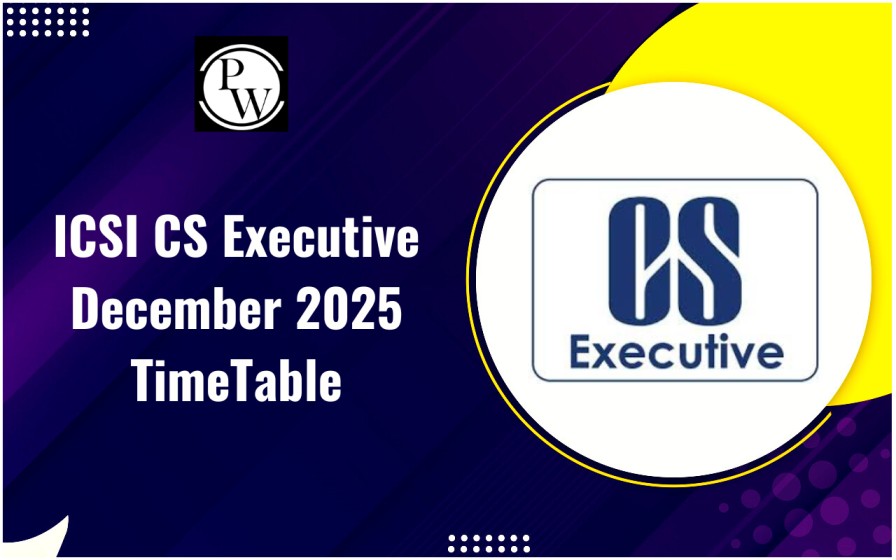
SBIL Amendment has introduced a lot of important changes to company regulations, like MSME guidelines and business laws. These updates are designed to streamline the process, enhance the speed, and build transparency for both companies and professionals. Whether you are preparing for CS Executive exams or just want to stay informed about the latest in business law, we’ll break down the SIBL Amendments in the simplest way.
What are SIBL Amendments?
The SBIL Amendment is a new set of changes and updates to business, industrial, and labor policies. It aims to streamline the starting and operating a business. It also brings new rules for corporations, emerging businesses, and micro, small, and medium enterprises (MSMEs). These changes will enhance efficiency by saving time, reducing paperwork, and increasing transparency in government operations.
SIBL Amendments Important Changes
Below, we’ve mentioned major updates brought in the SIBL Amendments. These changes aim to make business law simpler to make companies’ work smoother.
Simple Rules for Company Formation
The SIBL Amendments have simplified the process of company formation. For example, when starting a one-person company(OPC), the consent of the nominee is now part of the primary form itself. Additionally, Section 8 companies are required to present their financial statements from the past 2 years for approval. This will help in maintaining only operational and productive companies in the system.
Updates Rules for Nidhi Companies
A Nidhi company is a kind of organization in India that assists its members in saving funds and obtaining loans at low-interest rates. It primarily serves its members' interests rather than aiming for substantial profits. Currently, Nidhi companies are not required to submit additional declarations if their name includes "Nidhi."
New forms have been created because of the transition from MCA portal version 2 to version 3. This enables students and professionals to grasp the most current forms rather than the outdated ones.
Registered Office Shifting During Insolvency
If a company is going through a corporate insolvency process, it can shift its registered office only after the plan is approved and no appeals or cases are pending. This makes sure that the company’s operations continue without confusion.
Fast Registration for Foreign Companies
Foreign companies can now register easily through the Central Registration Centre. This is a paperless and fast process. It helps in reducing human contact and speeds up the system.
Quick Merger Approval for Startups
Now, startups and foreign companies that own Indian firms can merge faster. They only need the Reserve Bank of India’s approval. There is no need to go to the NCLT. This saves time and helps in business growth.
Support for MSMEs
MSMEs can now get benefits by linking their Aadhaar. Companies must now declare if they delay payments to MSMEs beyond 45 days. This helps MSMEs get their money on time. Also, large companies will now be part of the TRaDeS platform, which helps small firms get their payments early through discounting.
Online Adjudication of Cases
Now, all business law-related cases will be handled online through a government platform. This is called e-adjudication. It helps in tracking cases easily, saves time, and removes delays caused by physical visits.
Why the SIBL Amendments is Important?
The SBIL Amendment focuses on:
- Simplifying business regulations
- Utilizing online platforms
- Assisting small enterprises such as MSMEs
- Assisting international businesses to operate smoothly in India.
These measures are implemented to simplify business operations for all. It also assists students and professionals in remaining informed about the most recent regulations
The SBIL amendment is a big step toward making business in India faster, simpler, and higher. It enables startups, MSMEs, or even foreign groups to grow. With rules made easier and processes going digital, this change indicates how the authorities desire to improve the business environment. Keep gaining knowledge of and staying updated to gain from these new modifications.
Join PW CS Online Courses and build a strong foundation in corporate laws and governance with structured learning and dedicated support.
SIBL Amendments FAQ
What is the SBIL Amendment?
How does the SBIL Amendment help MSMEs?
What changes were made for Nidhi companies?










